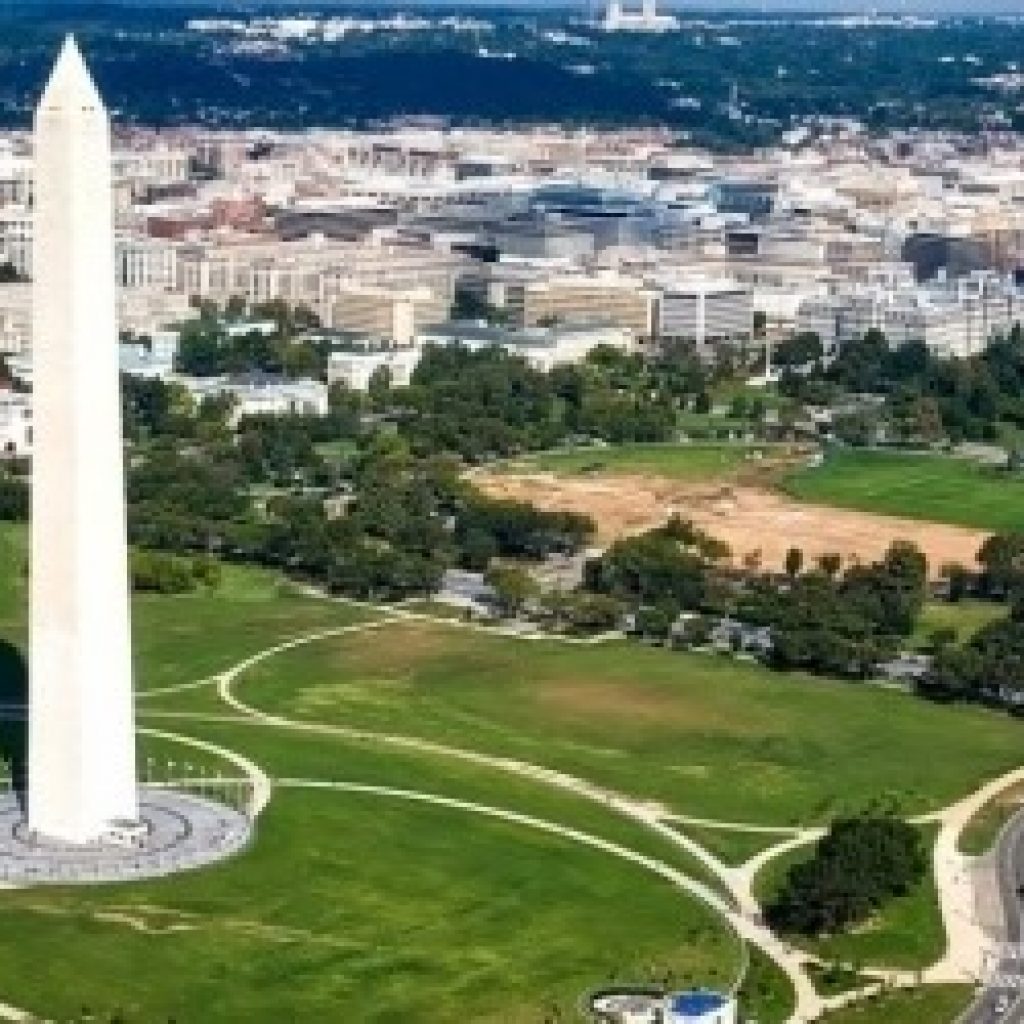(NextGov) The eventuality of a quantum computer—estimated to arrive sometime over the next decade or two—won’t mean the end of information security, as it’s often described. Still, experts say it does demand urgent action from the government.
Edward Parker, a physicist at the Rand Corporation whose specialty is in the emerging quantum technologies and fellow Rand scientist Michael Vermeer joined Nextgov’s Critical Update along with the White House’s Charles Tahan to delve into the issue.
Vermeer said, partly because the general public isn’t aware of the quantum computing threat, the issue “isn’t going to self-organize” and stressed the importance of Congress getting more involved.
As an absolute last ditch resort. ..you could always go back to delivering thumb drives in suitcases,” Parker said. “This is obviously not very scalable, would not integrate very well with online commerce where you want millions of people buying things on Amazon. But even in that sort of absolute worst case, baseline, there will still be ways of securing information, just as there were for, frankly, thousands of years before public key encryption was developed.”
“I would start with oversight over agencies and how they’re preparing to do the [PQC] migration,” he said. “Call in leaders, say, ‘we know this is an issue, how is your agency going to deal with this to protect the information, to protect the sector that you’re concerned with, to make sure there are no issues there, no security lapses?’”
Tahan said more on the administration’s plans and recommendations regarding the larger field of quantum information science can be expected in the fall.
Congress & Feds Must Get More Involved with Post-Quantum Computing Migration “Because General Public Isn’t Going to Self-Organize for Information Security’
